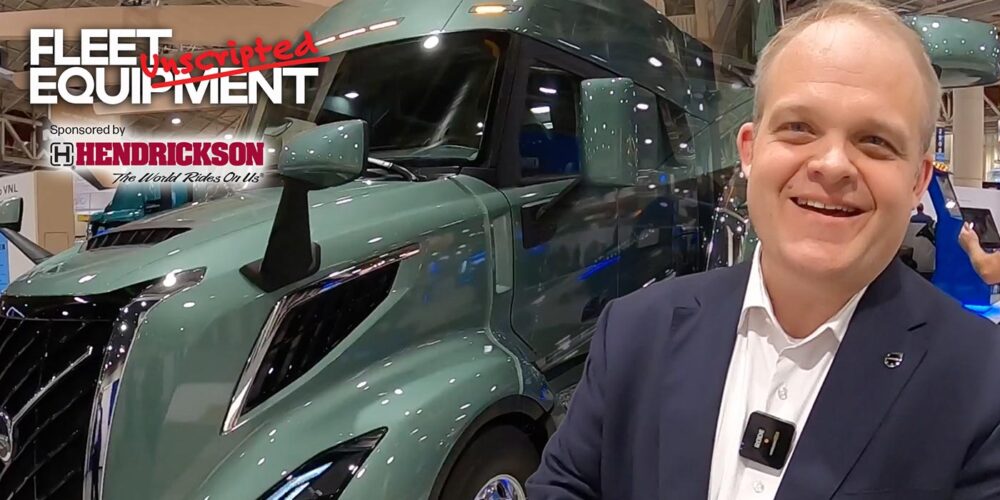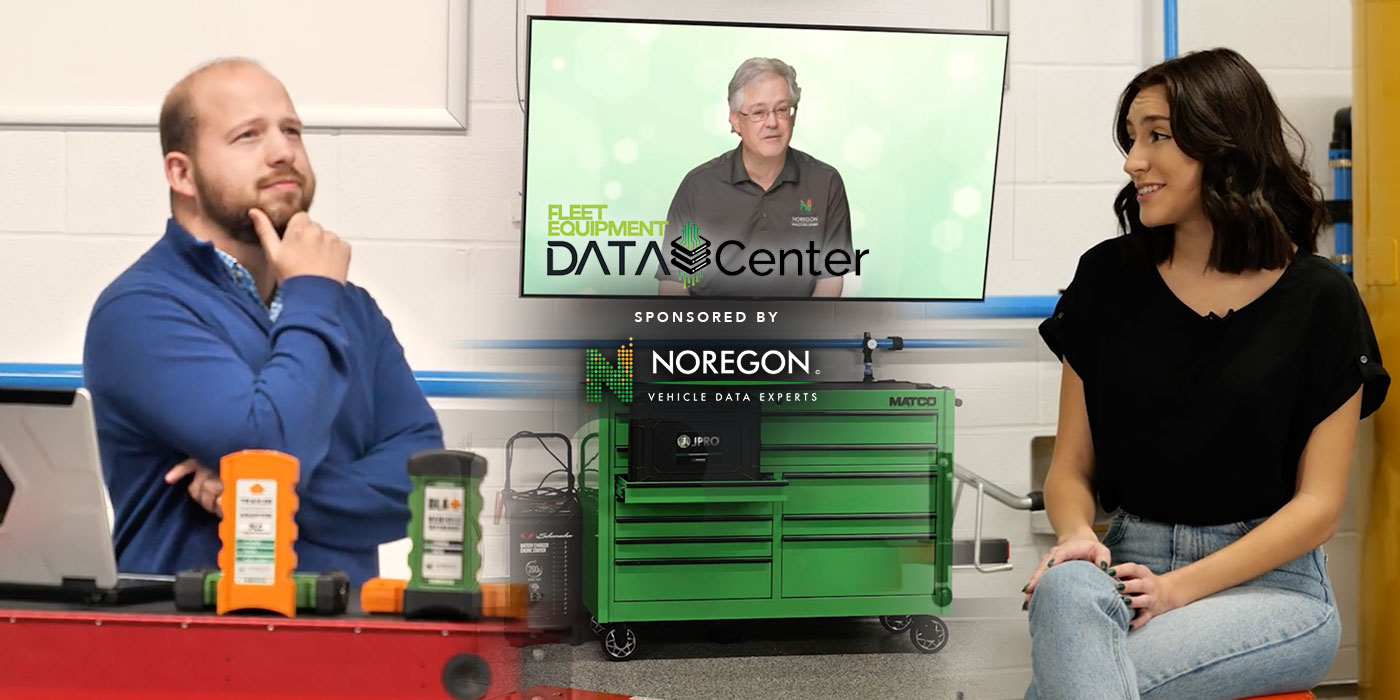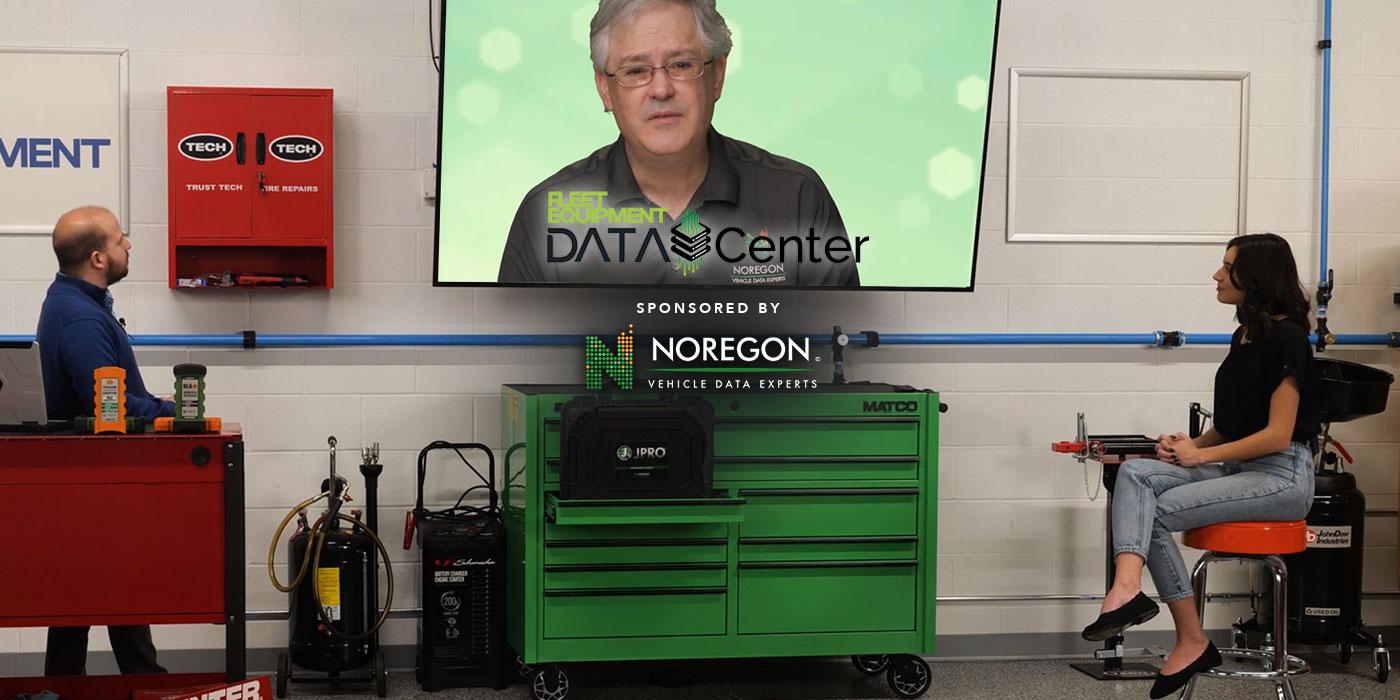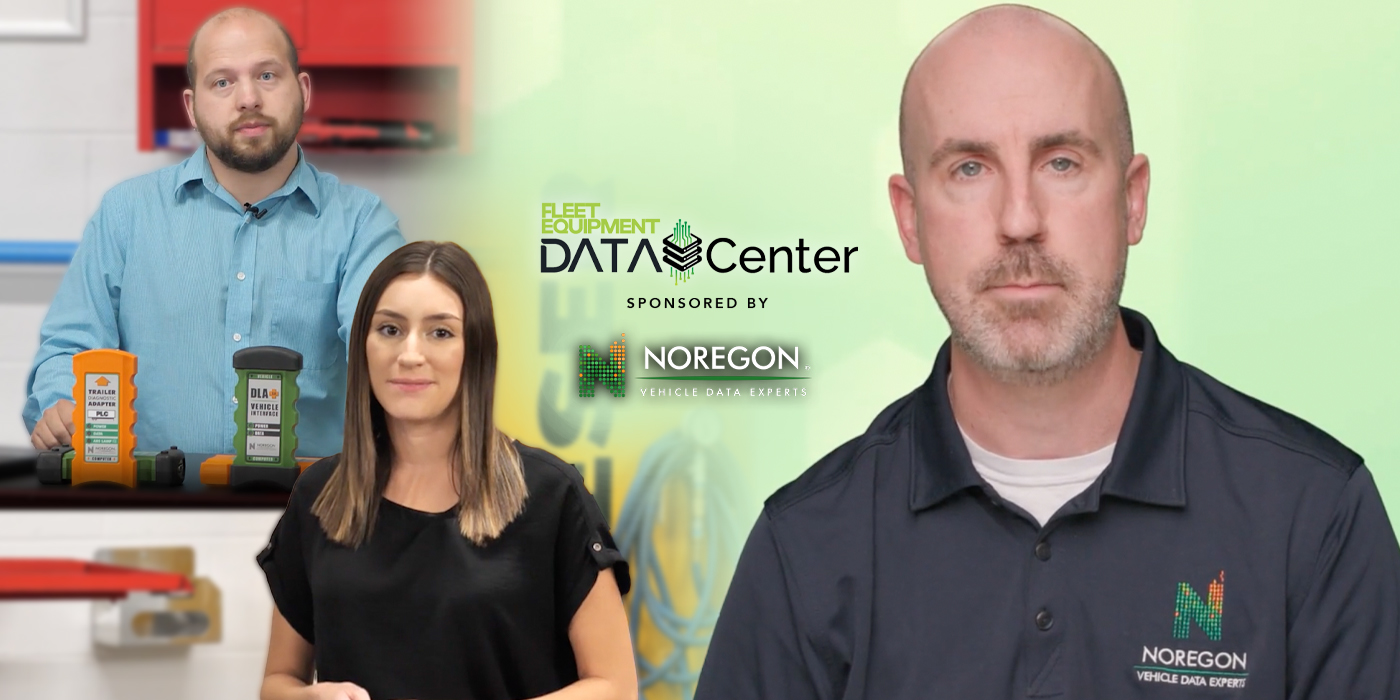Happy Halloween, ghouls, ghosts and Data Center viewers! In this episode, we’re here to tell a spooky tale: a story of the sudden appearance of the dreaded engine fault code.
If you’re not doing the right maintenance on your trucks, you will start to get fault codes, sometimes at inopportune times. And engine fault codes are among the most critical.
First things first: you’ll want to make sure that your fleet’s drivers know that when the check engine light comes on, it’s not something to be ignored or put off until later—it’s time to get that truck serviced. The other group that needs to be up to speed are your technicians, who should be trained on what these engine fault codes mean, and what to do about them.
Once the truck is in the shop, there’s a simple yet often overlooked step technicians should perform before they even begin the repair process, and that’s asking the driver questions. Asking questions about what was going on when the problem occurred will help diagnose many complaints that would take a lot of time to isolate or replicate in the shop environment.
One helpful resource is to look at remote diagnostics and service data. Most engine companies that offer engine remote diagnostics have a portal of some kind through which customers can access the engine data. Of course, simply receiving fault code alerts doesn’t solve any problems on its own; it’s what you do next that counts. Fleets with remote diagnostics should have processes in place for how to deal with particular fault codes when they are triggered. Most remote diagnostic portals include information about the severity of the fault and recommended next steps.
Technicians should be sure to check the vehicle’s service history as well, so that they can see what repairs have already been tried in the past, if any are relevant. Whether a particular part has been failing repeatedly or if this is the first time, that’s valuable information in determining what to do about it. Down the line, it could also help your ability to create a preventative maintenance plan that could help you catch problems like this ahead of time in the future.
The types of engine fault codes that pop up are continuously changing over the years. What’s new in that world? Noregon tells us in this new episode of Data Center.













